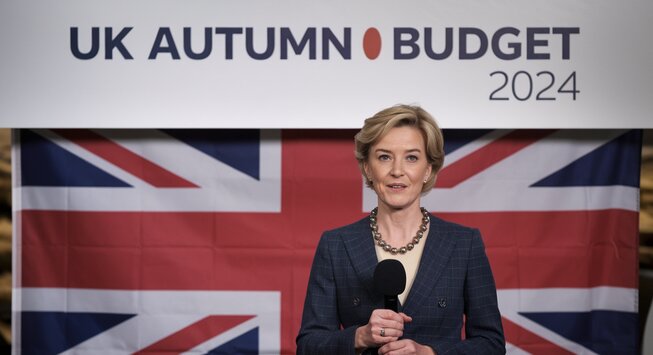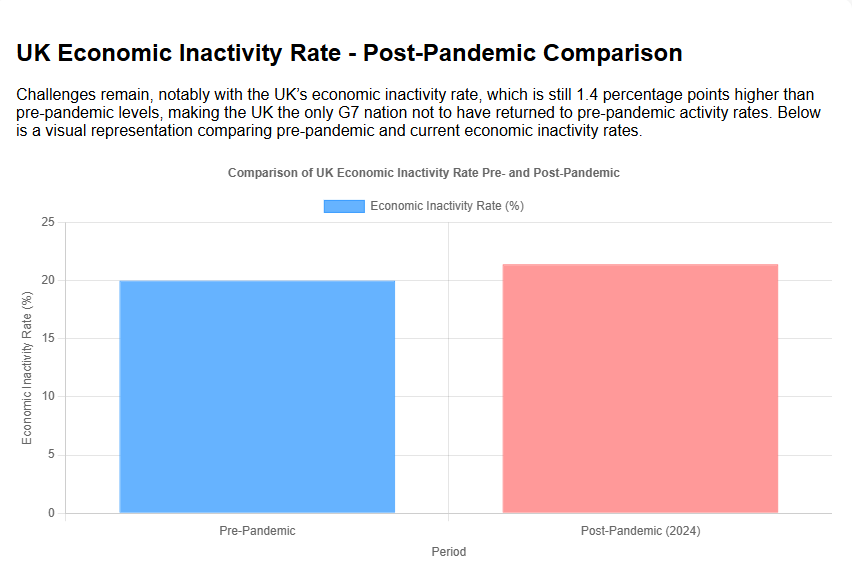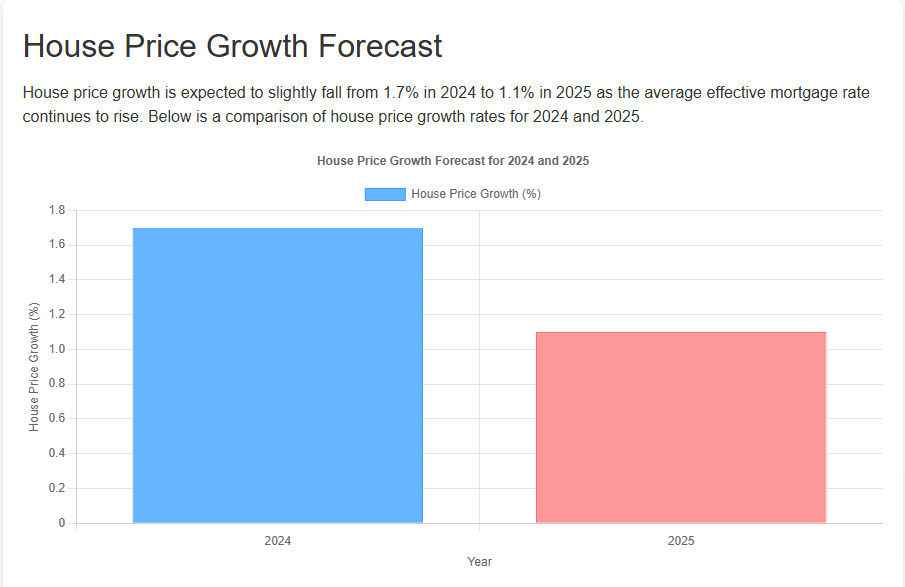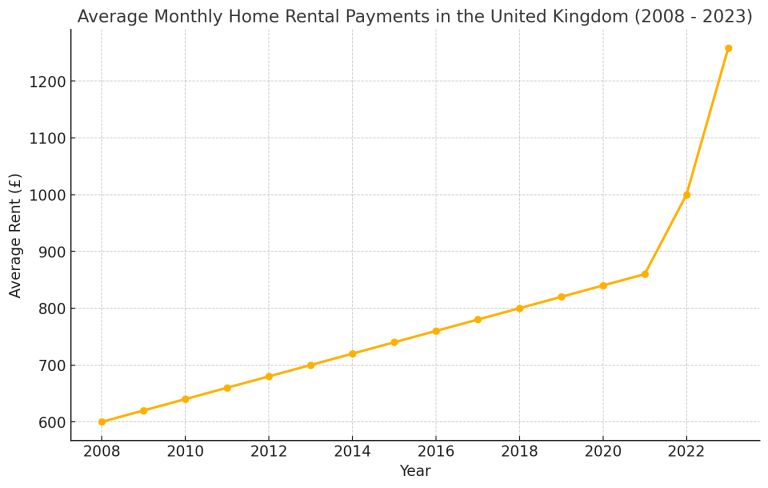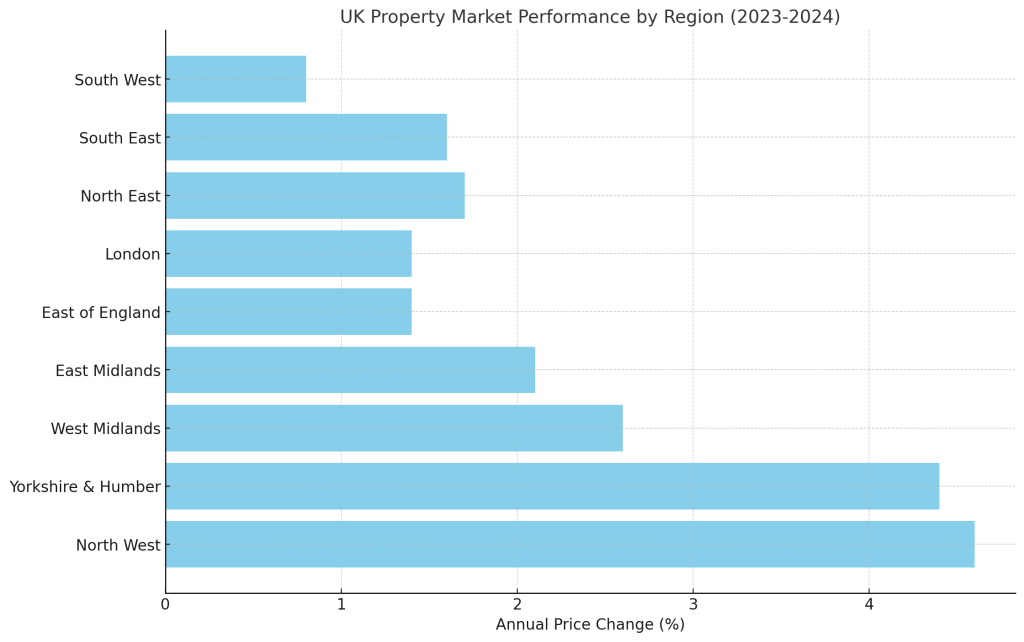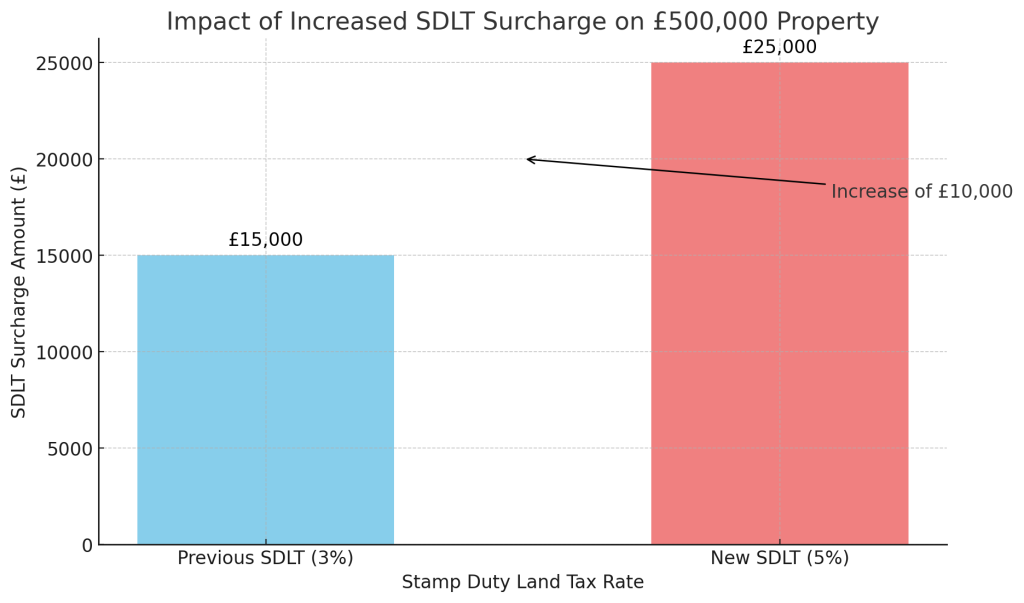Rising mortgage rates and economic challenges are pushing more people towards renting, with experts predicting rental growth of 8.9% due to a shortage of rental properties, still 24% below pre-pandemic levels.
Affordability remains a major concern, especially in cities like London, where housing can consume over 35% of income.
This has led to growing interest in co-living arrangements for cost savings. Legislative changes, like the Renters’ Reform Bill, could add landlord regulations, possibly worsening supply issues.
The Build to Rent sector is expected to perform well due to high demand. However, economic uncertainties, slower earnings, and a weakening labor market may temper rental price increases in the near term.
